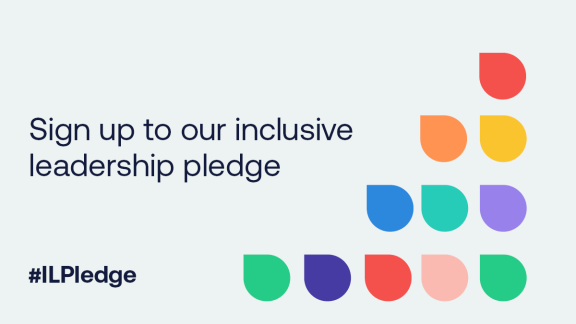
Update
On 16 April 2025, the UK Supreme Court provided an updated interpretation of the ‘definition of sex and woman in the Equality Act (2010)’. Following this, on 25 April the Equality and Human Rights Commission (EHRC) provided an interim update on the practical implications of this judgment. We now await the EHRC’s formal updated Code of Practice which will need to be approved by the UK Government. NHS England will then update its guidance for NHS organisations.
While we await these updates, we have been reviewing our trans and non-binary allyship guide in light of EHRC’s interim guidance. As a result of the interim guidance, certain elements of our guide, particularly in relation to single-sex facilities, are now dated. The guide was based on the situation prior to the Supreme Court ruling.
To ensure we are providing information that best supports our members, we have therefore taken the decision to withdraw our guide from our website as of Friday 16 May.
We will review the guide, update it and publish a revised version here as soon as the new statutory guidance comes out, when NHS England updates its same-sex accommodation guidance, and when we have had our updated guidance legally reviewed.
The withdrawal of the guidance does not change our explicit commitment to supporting our members to reduce the unacceptably high levels of bullying, abuse and discrimination at work that trans and non-binary staff and patients face – and the health inequalities, poor access and outcomes for care, and unequal experiences trans and non-binary patients face.
For advice and support on LGBTQIA+ issues, you may wish to contact one of the services listed below:
- LGBT Switchboard (national LGBTQIA+ helpline): www.switchboard.lgbt or contact 0800 0119 100
- LGBT Foundation: contact 0345 3 30 30 30 or email HELPLINE@lgbt.foundation.
- Galop (national charity for LGBTQIA+ victims of domestic abuse, hate crime or violence): www.galop.org.uk or contact 0800 999 5428
- Mind (national mental health charity): www.mind.org.uk Citizen’s Advice (national charity for workers and consumer rights): www.citizensadvice.org.uk



